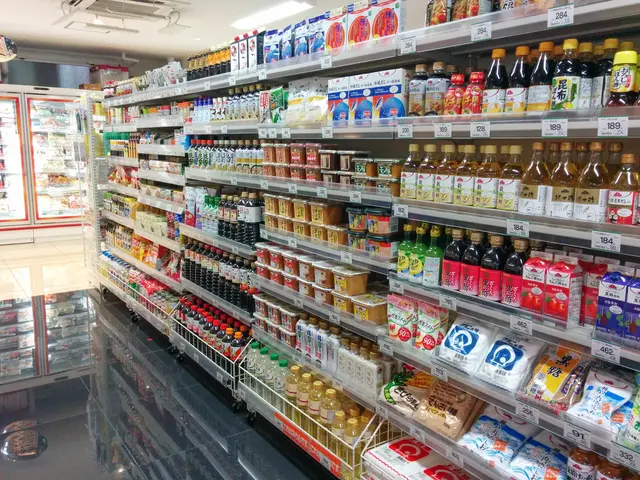Current status of American custom duties on Canadian goods
The ongoing trade dispute between Canada and the United States has seen a series of tariff impositions and counter-tariffs, but the majority of Canadian exports remain unaffected.
The federal government has implemented support measures for businesses, allowing them to obtain liquidity and postpone certain tax payments. In Quebec, similar measures support the diversification of export markets, improve productivity, and enhance workforce training. Additionally, the Frontière program grants loans to exporters to meet their liquidity needs.
Canada has imposed 25% counter-tariffs on steel and aluminum imports from the United States. However, the United States imposes 50% tariffs on these same imports, creating an imbalance. To mitigate the impact of these tariffs, Ottawa has allowed eligible businesses to import goods without paying customs duties.
On August 1, the United States will impose 35% tariffs on Canadian imports, except those covered by the Canada-United States-Mexico Agreement (CUSMA). Products compliant with CUSMA rules of origin are exempt from these tariffs, as they cover nearly 90% of Canadian exports to the U.S. Energy, critical minerals, and potash are subject to a lower 10% tariff, while auto parts and vehicles that comply with CUSMA rules are exempt from the tariff hike.
Despite these measures, the Canadian economy has felt the effects of the tariffs. The economy is estimated to have contracted by 1.5% in the second quarter, with exports decreasing by 25%. However, the economy grew by 2.2% in the first quarter of 2025, primarily due to businesses advancing orders in anticipation of tariffs.
Aid for workers mainly takes the form of temporary relaxations to employment insurance. Initially, the aid offered by the province had been practically unused by businesses, but it is unclear whether this trend has continued.
Canada has also restricted access for American companies to Canadian public markets, and only national steel and aluminum producers and those from partner countries offering free access to their market can bid on tenders. The country has imposed stricter rules on its steel imports to prevent major steel producers like China, India, or Russia from flooding the market with low-cost production.
Overall, the Canadian economy shows a certain resilience so far, despite low consumer and business confidence. The country remains relatively spared thanks to the exemption linked to the CUSMA and still has "a few cards to play."
- In response to the tariff impositions and counter-tariffs in the ongoing trade dispute, various policy-and-legislation measures have been implemented by the government, such as allowing businesses to obtain liquidity and postpone certain tax payments.
- As a part of industry support, Canada has finally granted loans to exporters to meet their liquidity needs through a program called Frontière, an initiative aimed at addressing the impact of tariffs.
- Imposing tariffs on several Canadian exports, such as steel and aluminum, has led to numerous changes in the general-news landscape, with the Ontario government announcing stricter import rules to protect domestic industries and hinder foreign competitors like China, India, or Russia.




